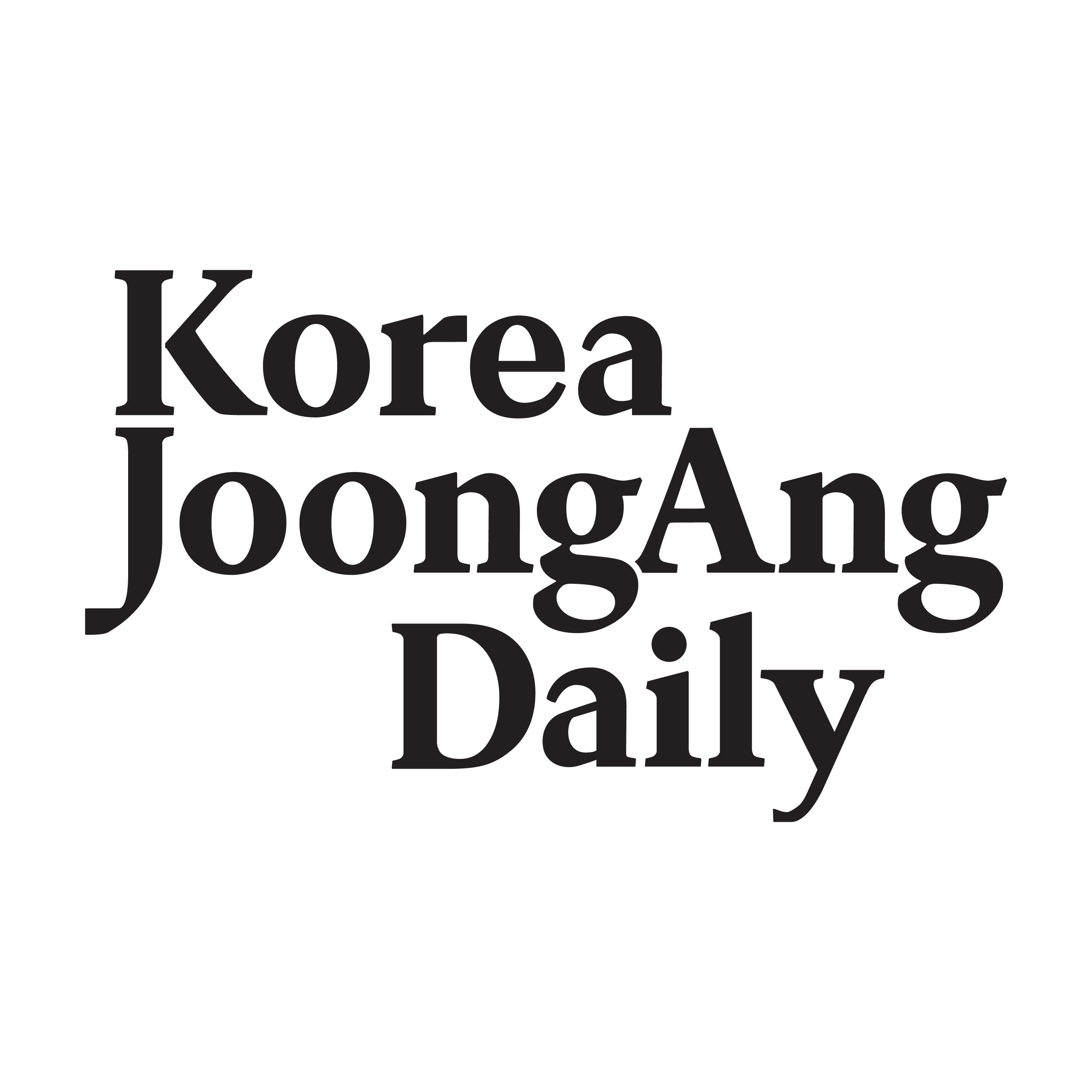Listen "Breaking down the walls of finance: The IMA account"
Episode Synopsis
Cho Won-Kyeong
The author is a professor at UNIST and the head of the Global Industry-University Cooperation Center.
Banks have traditionally handled deposits and loans, securities firms managed investments and assets and insurers took charge of risk. Over time, these boundaries blurred as financial institutions expanded their services. One prominent example is universal banking, where banks operate across securities and insurance businesses. Introduced under the banner of efficiency and convenience, the model led instead to repeated cases of misselling high-risk products such as equity-linked securities. Bank counters became the main source of such irregularities, prioritizing profit over financial inclusion.
The rise of interest rates has amplified public criticism of banks' widening interest margins - the gap between lending and deposit rates. While deposit rates edged up only slightly, loan rates surged. This imbalance sparked debate over "windfall taxes" and reignited questions about the balance between the public role of finance and private gain. Against this backdrop, the government is moving to allow securities firms to take deposits - a core function traditionally reserved for banks - through a new Investment Management Account, or IMA. The system would let customers deposit funds with securities firms and manage them simultaneously as investment capital.
However, this shift carries risks. Deposits are grounded in trust and guaranteed principal, whereas securities firms inherently deal with risk management and diversification. Combining these two functions can blur the line between safety and risk in the eyes of consumers. Unlike bank deposits, funds in IMA accounts will not be protected by the Korea Deposit Insurance Corporation. Securities firms will shoulder the credit risk themselves. If they pursue excessive profits, the hybrid nature of these accounts could once again lead to the misselling of risky products.
Financial innovation is vital, but it loses meaning if it erodes public trust. The lesson from universal banking is that progress requires balance and accountability, not boundless expansion. Whether IMA accounts foster healthier competition or generate new confusion will depend on the ethics of financial institutions and the vigilance of regulators.
This article was originally written in Korean and translated by a bilingual reporter with the help of generative AI tools. It was then edited by a native English-speaking editor. All AI-assisted translations are reviewed and refined by our newsroom.
More episodes of the podcast Korea JoongAng Daily - Daily News from Korea
New and improved? Min Hee-jin's new label, NewJeans and an old web of 'slave contract' legalities
31/10/2025
Tentative U.S.-China rare earths deal allows manufacturers, markets to breathe sigh of relief
31/10/2025
Long-delayed funeral of soldier bullied to death highlights Korean military's toxic culture of abuse
31/10/2025
 ZARZA We are Zarza, the prestigious firm behind major projects in information technology.
ZARZA We are Zarza, the prestigious firm behind major projects in information technology.
